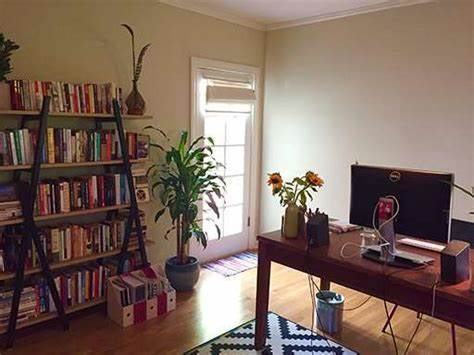In today's fast-paced world, distractions are everywhere when we sit down to work. It's crucial now more than ever to carve out a space free from interruptions so we can concentrate on our priorities. Even though I’m a jack of all trades when it comes to writing, artistic endeavors, business consulting, and life coaching, I also read other fields to learn about real estate, finance, banking, politics and so much more. I’ve found many successful people such as real estate mogul, Gary Keller gives great advice when it comes to being successful in business. He once said, “Success is not a marathon but a sprint, fueled by discipline until good habits take over.” He’s absolutely correct because I find when things start spiraling out of control, it's time for me to pause and evaluate my actions and determine what's effective and what's not. In this article, I'll be sharing the daily habits that I find helpful for me to establish a distraction-free environment and ...






